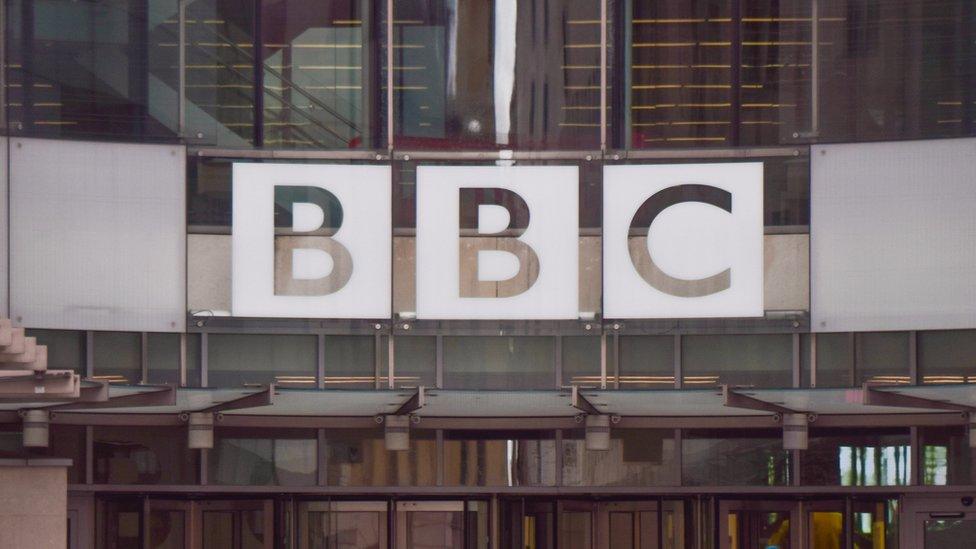Elon Musk: Twitter owner changes BBC account's 'government funded' label
- Published
Watch: Elon Musk's unexpected BBC interview... in 90 seconds
Twitter has changed a label on the main BBC account, saying it is "publicly funded" instead of "government funded media", after the broadcaster objected.
In an interview with BBC News on Tuesday, the social media giant's owner Elon Musk said he would make the change because "we're trying to be accurate".
On Sunday, the BBC disputed the original description, saying: "The BBC is, and always has been, independent.
"We are funded by the British public through the licence fee."
Speaking to BBC North America technology reporter James Clayton in San Francisco, Mr Musk noted: "I know the BBC for example's not thrilled about being labelled state-affiliated media."
He said: "If we use the same words that the BBC uses to describe itself, that presumably would be OK… That seems to pass a reasonable test." He added: "I actually do have a lot of respect for the BBC."
In response, the BBC said it "would welcome any such move".
Twitter also used the same "government funded" description for US public broadcaster NPR. On Wednesday, the broadcaster said, external it would no longer post fresh content on the social media platform.
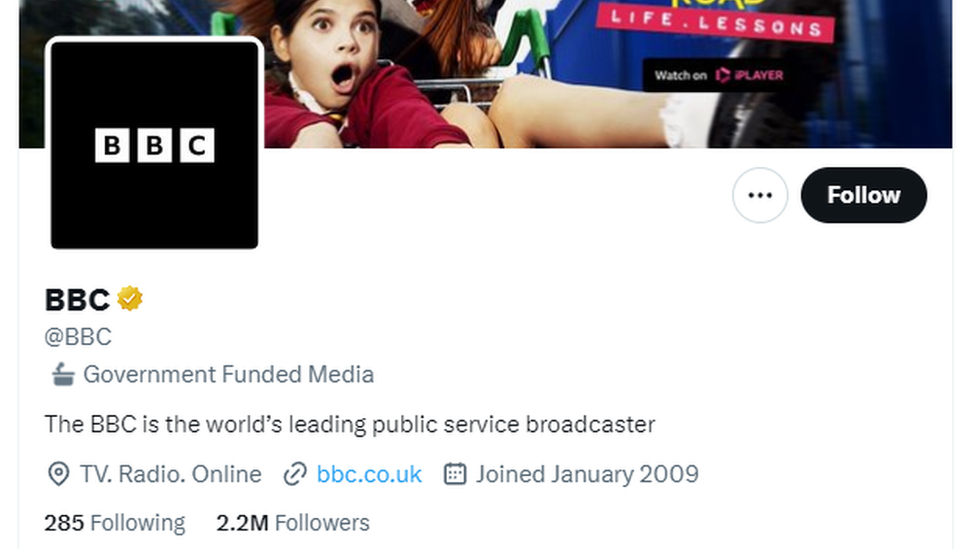
Twitter has changed the BBC's new description from "government funded media" to "publicly funded"
The BBC objected to the original description being used on its main @BBC account.
The label links to a page defining government-funded media as outlets where the government "may have varying degrees of government involvement over editorial content".
The BBC's Royal Charter says it "must be independent", particularly over "editorial and creative decisions, the times and manner in which its output and services are supplied, and in the management of its affairs".
How is the BBC funded?
The licence fee raised £3.8bn ($4.7bn) in 2022 for the BBC, accounting for about 71% of the BBC's total income of £5.3bn - with the rest coming from its commercial and other activities like grants, royalties and rental income.
The BBC also receives more than £90m per year from the government to support the BBC World Service, which predominantly serves non-UK audiences.
Some have raised concerns about government influence over the BBC in recent months, with rows over chairman Richard Sharp's links to former prime minister Boris Johnson, and ex-Downing Street communications director Sir Robbie Gibb's place on the BBC board.
Director general Tim Davie has insisted board members "don't shape the output", saying: "They don't make the editorial calls. We do."
- Published12 April 2023
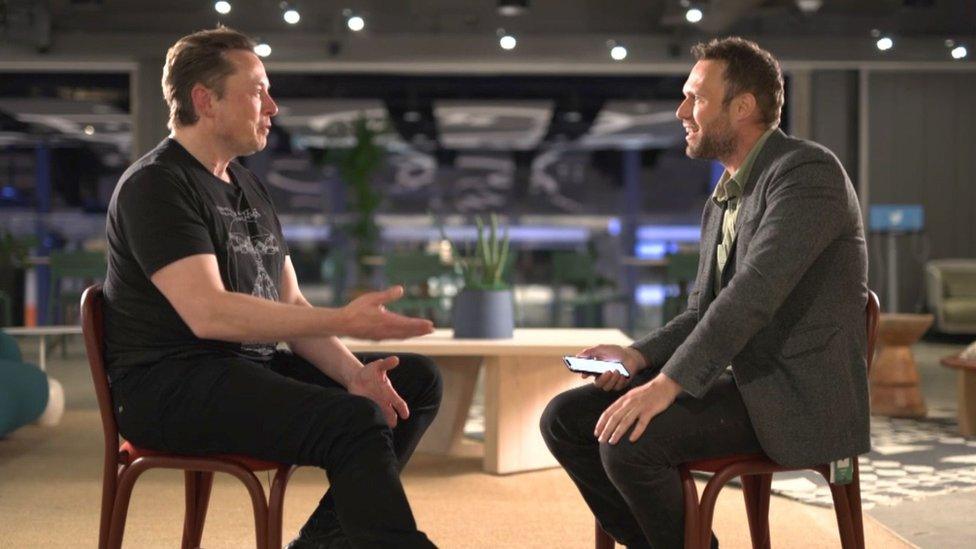
- Published13 April 2023
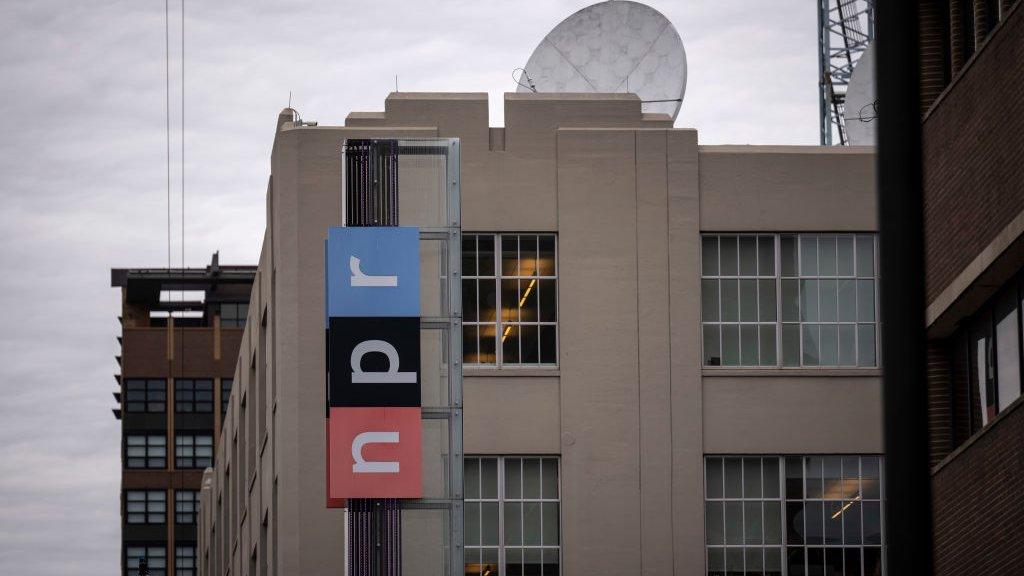
- Published10 April 2023
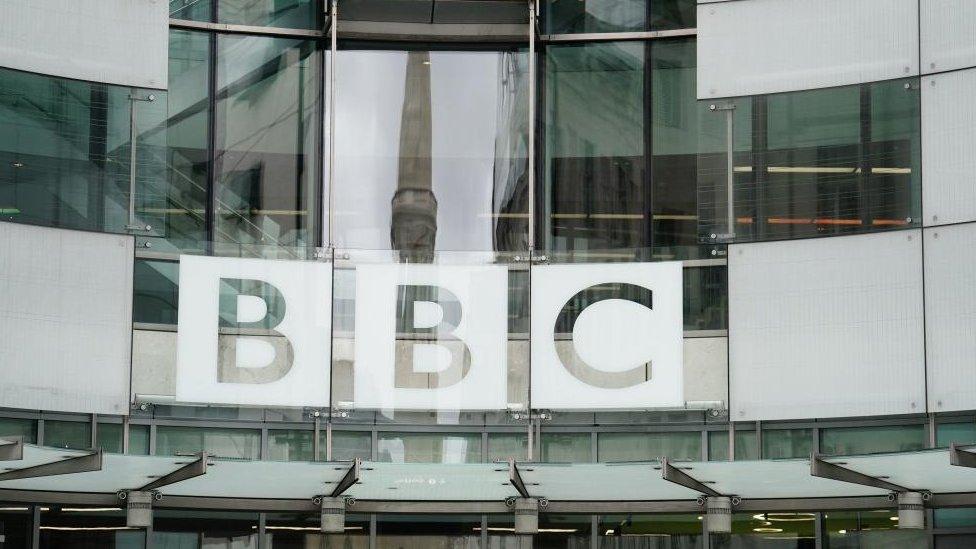
- Published31 October 2022
